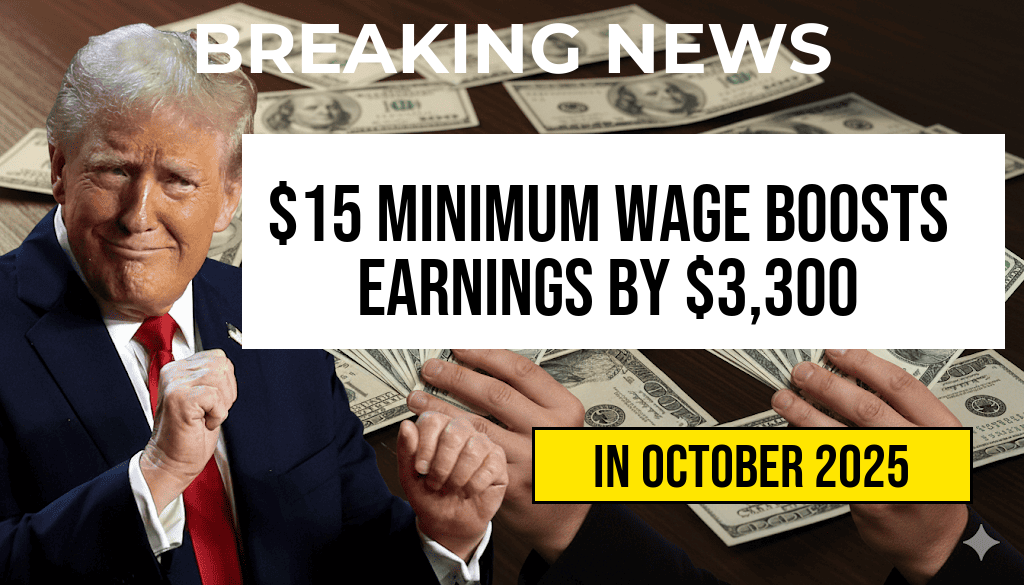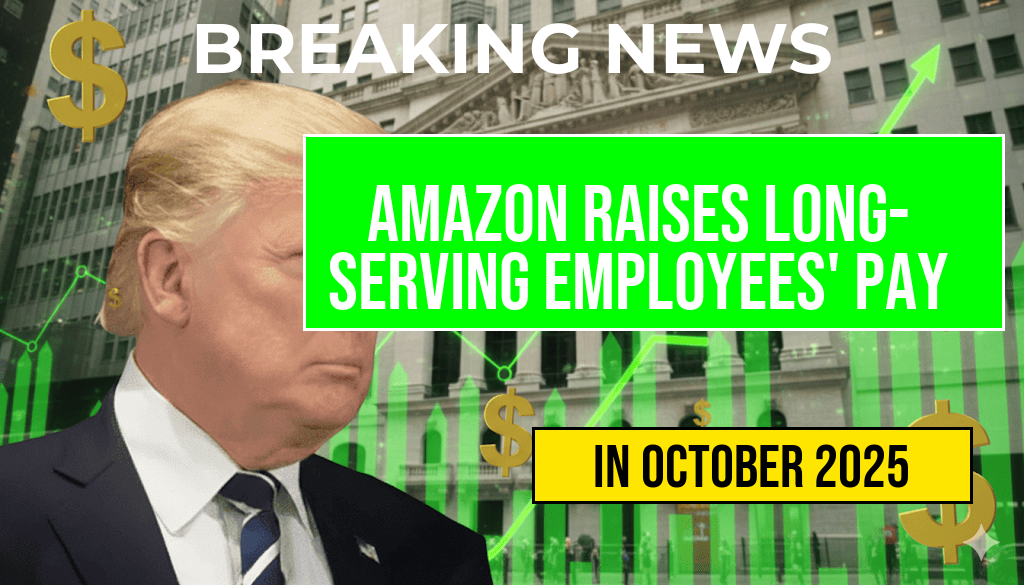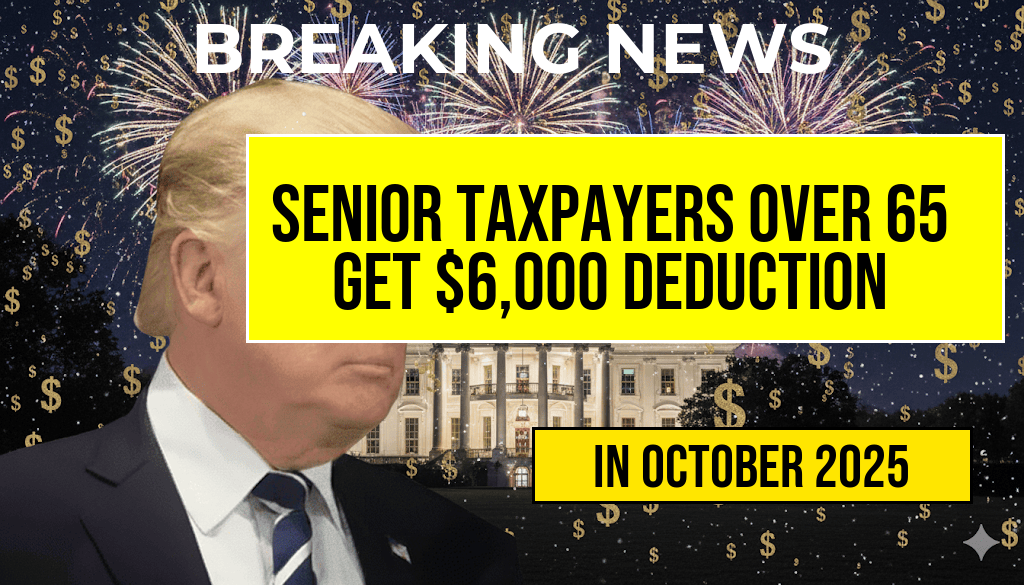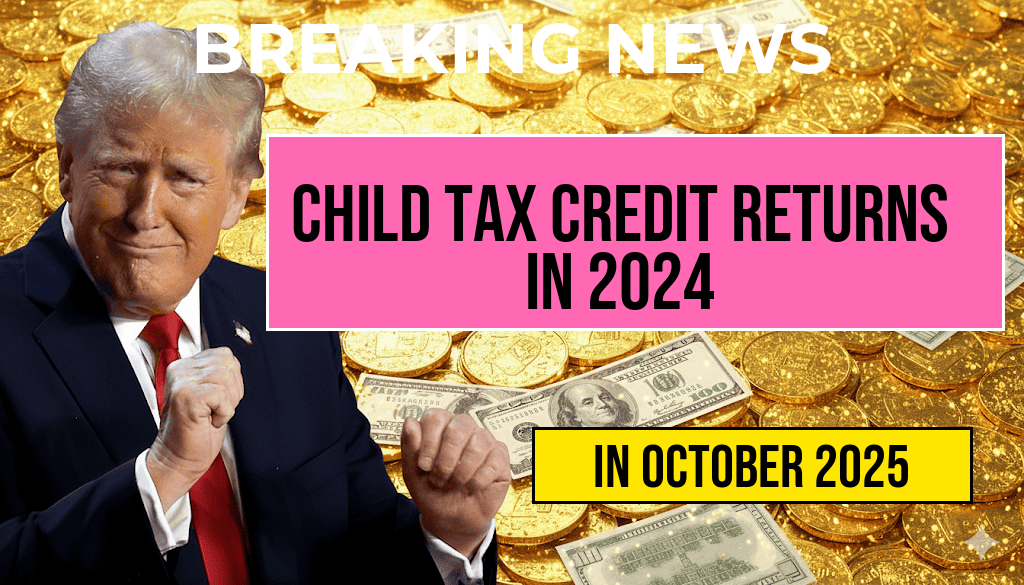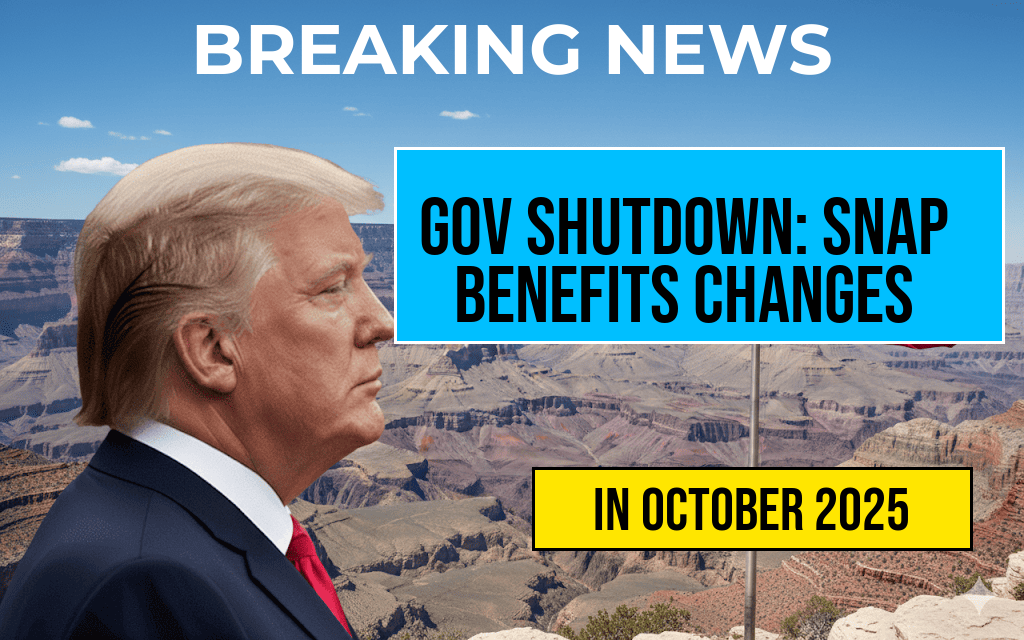A recent study indicates that raising the federal minimum wage to fifteen dollars per hour could significantly impact millions of American workers, potentially increasing their annual earnings by approximately $3,300 each. The analysis, conducted by economists at the Urban Institute, estimates that about 32 million workers nationwide would see their wages boosted if the federal minimum were elevated to this level. This change could mark a substantial shift in income for low-wage earners, many of whom have experienced stagnant wages amid rising living costs. The findings come amid ongoing debates over minimum wage policy, with advocates arguing that a $15 minimum could reduce poverty and economic inequality, while opponents question its effects on employment and business operations.
Potential Economic Impact of a $15 Federal Minimum Wage
The proposed increase aims to address persistent wage stagnation among low-income workers, many of whom rely on hourly wages that have failed to keep pace with inflation. According to the study, a $15 minimum wage would result in a median annual income boost of approximately $3,300 for affected workers, translating to an additional $63 per week. This increase could provide a crucial financial uplift for families managing household expenses, healthcare costs, and education fees.
Who Would Benefit Most?
The analysis highlights that workers employed in retail, hospitality, and food service sectors—industries characterized by low wages—stand to gain the most from this policy change. Among these groups, women and younger workers are disproportionately represented, suggesting that the minimum wage hike could narrow existing income disparities.
| Industry | Number of Workers Affected | Average Increase per Worker | Total Additional Earnings (millions) |
|---|---|---|---|
| Retail | 12 million | $3,300 | $39.6 billion |
| Hospitality | 9 million | $3,300 | $29.7 billion |
| Food Service | 7 million | $3,300 | $23.1 billion |
| Other sectors | 4 million | $3,300 | $13.2 billion |
Broader Economic and Policy Context
The push for a $15 minimum wage has gained momentum in recent years, fueled by states and cities adopting their own higher minimums. However, federal legislation remains a pivotal point for nationwide consistency. Proponents argue that increasing the minimum wage can reduce reliance on social safety net programs by lifting workers above poverty thresholds, thereby decreasing government expenditures in related areas.
Critics, meanwhile, contend that higher wages could lead to increased labor costs, potentially resulting in decreased employment opportunities or higher prices for consumers. Economic models offer mixed predictions on employment effects, but many studies suggest that modest increases might have limited adverse impacts, especially when implemented gradually.
Policy Perspectives and Future Outlook
Advocates for the wage hike emphasize its role in promoting economic fairness. The federal minimum wage has remained at $7.25 since 2009, failing to keep pace with inflation and living costs. Supporters argue that a $15 wage would restore some purchasing power lost over the past decade.
Opponents often call for a more nuanced approach, such as regional adjustments based on cost of living or targeted assistance programs. Despite the divisions, the study underscores the tangible financial benefits that a federal minimum of fifteen dollars could bring to millions of workers.
Implications for Businesses and Workers
Small businesses and franchise chains are likely to face increased labor expenses, prompting discussions around potential adjustments in pricing, automation, or staffing levels. Larger corporations, with more resources to absorb wage increases, might experience less immediate impact but could influence industry wage standards over time.
For workers, the primary benefit is increased income stability, which may contribute to higher savings rates and improved quality of life. The additional annual earnings could also have ripple effects in local economies, supporting small businesses and community services.
Looking Ahead
Legislative proposals to raise the federal minimum wage to $15 have seen varied support in Congress, with some lawmakers advocating for phased implementation over several years. As debates continue, data from studies like this reinforce the potential economic gains for millions of Americans, emphasizing the importance of policy decisions in shaping income equality and economic growth.
For further insights into wage trends and economic policy, readers can explore resources such as EPI’s analysis on minimum wage impacts and official government reports on employment statistics.
Frequently Asked Questions
What is the potential impact of raising the federal minimum wage to fifteen dollars?
Raising the federal minimum wage to fifteen dollars could increase the annual earnings of approximately thirty-two million workers by about three thousand three hundred dollars.
How many workers are expected to benefit from the proposed minimum wage increase?
The study estimates that thirty-two million workers would see a boost in their annual earnings if the minimum wage is raised to fifteen dollars.
What is the estimated increase in earnings for workers earning the minimum wage?
Workers earning the minimum wage could experience an increase of roughly three thousand three hundred dollars annually with the proposed wage increase.
Why is raising the federal minimum wage significant for workers?
Increasing the federal minimum wage is significant because it directly impacts worker income, helping to reduce poverty and improve living standards for millions of Americans.
Does the study suggest the minimum wage increase would have broader economic benefits?
While the study focuses on individual earnings, increasing the minimum wage could also potentially stimulate economic growth by increasing consumer spending.

